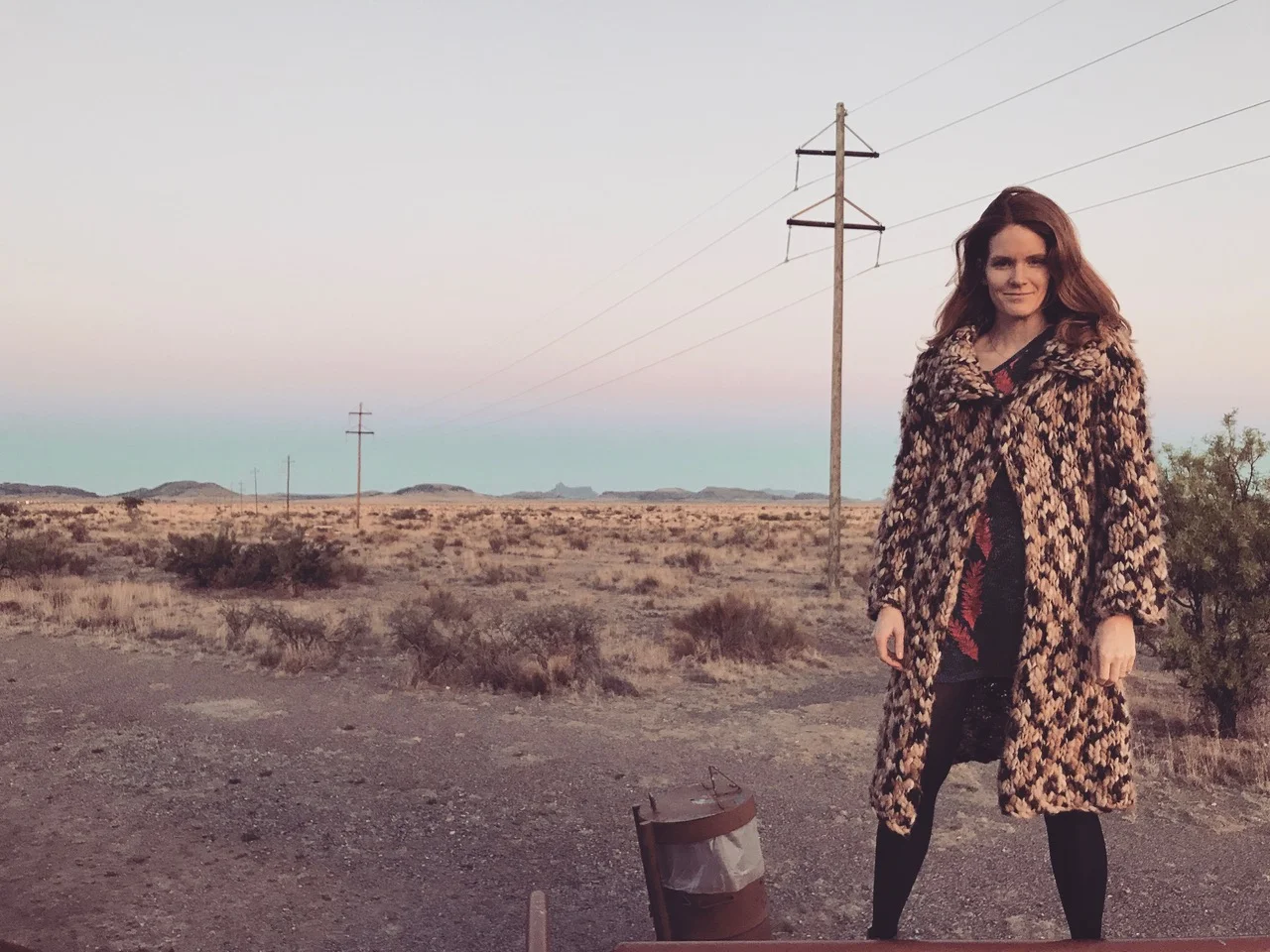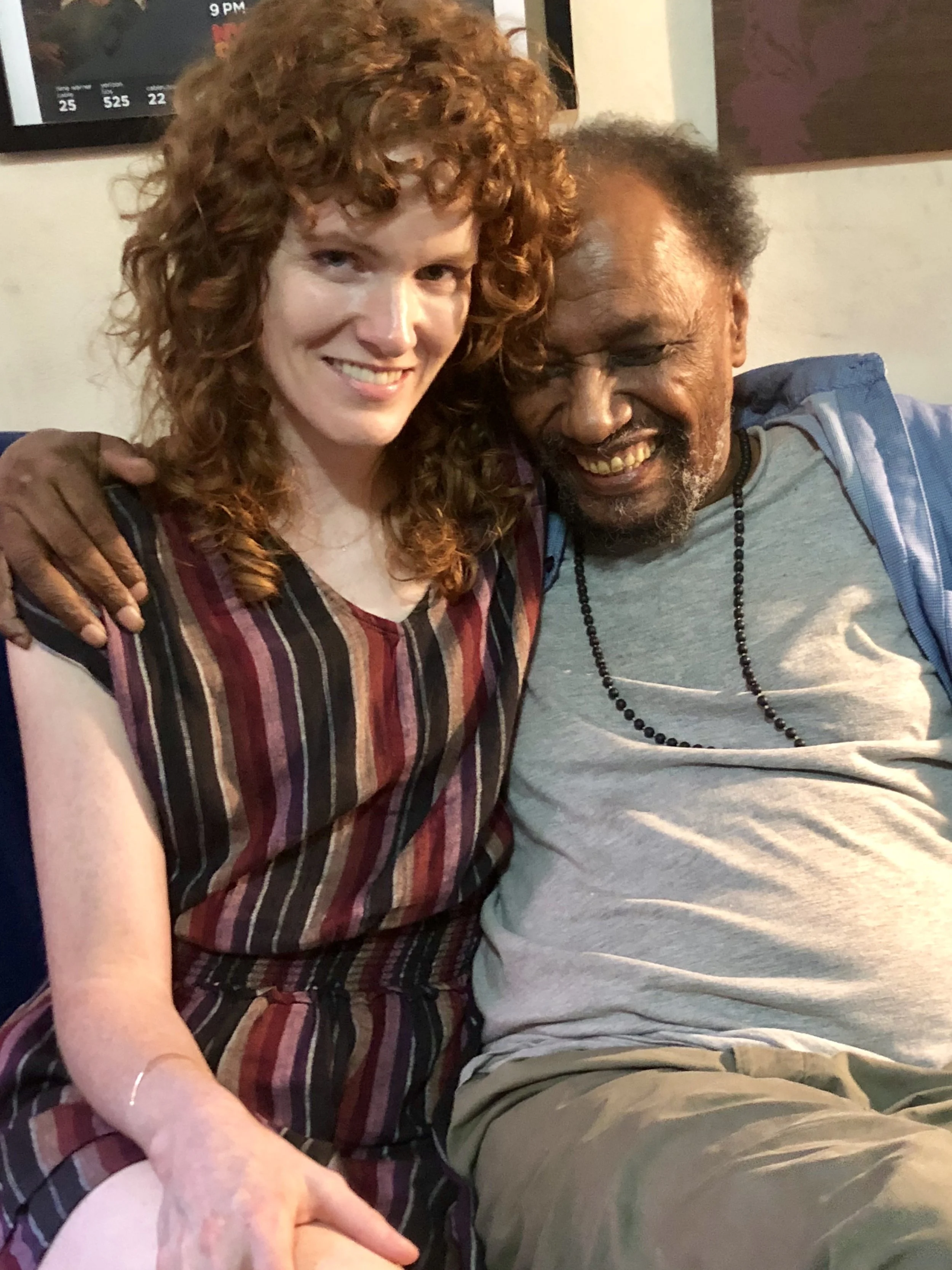If you can make it there, you’ll make it anywhere. And I almost made it in New York. The grand irony being that when I was finally strong enough to live in the city, I decided to leave it. The first half of my thirties were spent annulling the many mistakes of my twenties: the unavailable men, a daily struggle with bulimia, that phase in the fetish scene. By the time 33 rolled around (the exact age in which Jesus had died for our sins, according to my Catholic upbringing), I had learned to keep my meals down and my head up.
15 years in the Big Apple had afforded me a wild ride, but I was in danger of becoming rotten all the way through. Despite the perks of living a semi-glamorous life in Manhattan—being a wellness guru to celebrities and scions while living in a centrally located shoebox—40 was a threat, not a promise. I had become so good at distinguishing the married women from their lonely single counterparts on the subway, before ever looking at their fingers, only their faces, whether their eyes possessed a certain softness or not, that I avoided my own reflection in those train windows. I didn’t need to be married, but I was sick of being single.
Read More



















